
NYC Power of Attorney
NYC Power of Attorney: A Complete Guide to Protecting Your Future In the bustling city of New York, planning for the unexpected is crucial. A


Home » Estate Planning » Probate » Page 2

NYC Power of Attorney: A Complete Guide to Protecting Your Future In the bustling city of New York, planning for the unexpected is crucial. A
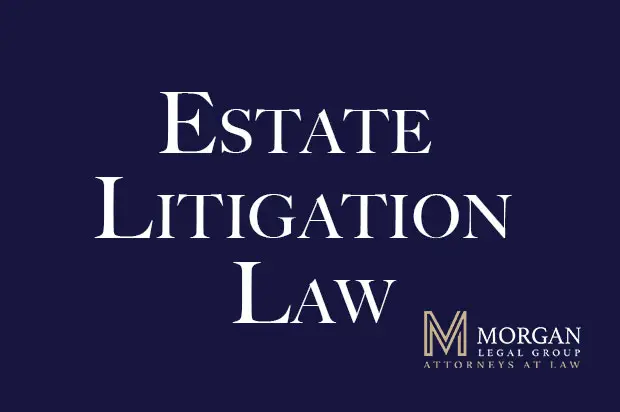
Expert Estate Litigation in New York with Morgan Legal Group: Protecting Your Inheritance and Resolving Family Disputes Estate litigation involves numerous challenges, particularly when you’re
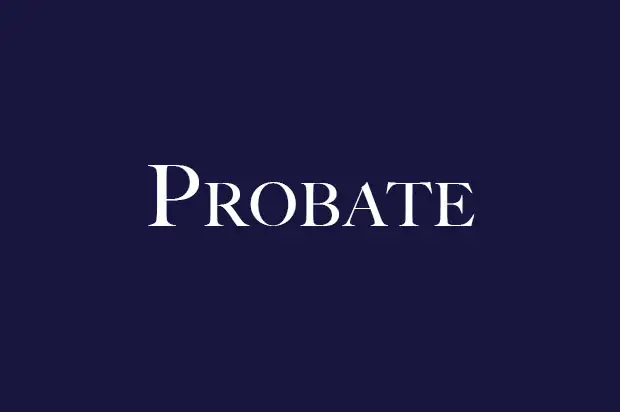
All About Probate in New York: A Comprehensive Guide Welcome to Morgan Legal Group P.C., your trusted source of information and guidance on the intricate

Will Lawyer NYC in 2025: Your Guide to Secure Estate Planning Planning for the future is a responsibility we all share. In New York City,

Honoring Juneteenth: Reflecting on Freedom, Equality, and Empowering Generational Wealth Through Estate Planning in New York Juneteenth, also known as Freedom Day, commemorates the emancipation

Who is a Probate Lawyer in New York, and Why Do You Need One? When a loved one passes away, their estate must be managed
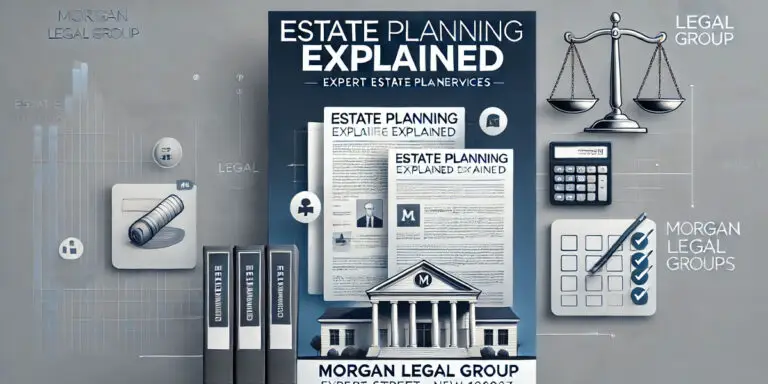
Essential Steps for Planning in New York Estate planning, a vital aspect of responsible adulthood, involves preparing for the management and distribution of your assets
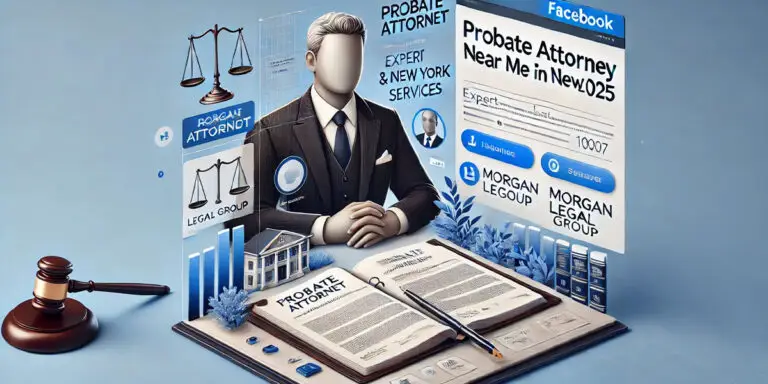
Navigating Probate in New York: Finding the Right Attorney Near You (2025) Probate, the legal process of administering a deceased person’s estate, can be complex

Estate Planning Mistakes to Avoid in New York: Protecting Your Legacy and Ensuring Your Wishes Are Honored To think some estate plan misconceptions and common

Finding an Experienced Estate Planning Attorney Near You in the 10039 ZIP Code: Securing Your Future with Local Expertise Planning for the future is a

Need an Estate Planning Attorney Near Me in 11051, New York? What You Need to Know Planning for the future involves many important considerations, and

Estate Planning Mistakes to Avoid in New York: Protecting Your Legacy and Ensuring Your Wishes Are Honored To think some estate plan misconceptions and common

Creating Your Last Will in Long Island, New York: A Comprehensive Guide for 2025 and Beyond Planning for the future is a responsible act, and

Estate Planning Tips for Blended Families in New York: Navigating Complex Dynamics and Protecting Everyone You Love Estate planning can be complicated, yet it can

Private Foundations in New York: Creating a Legacy of Giving and Maximizing Your Philanthropic Impact For individuals and families with a deep commitment to philanthropy,

Estate Planning for Retirement Account Beneficiaries in New York: Maximizing Tax Benefits and Ensuring a Secure Financial Future Retirement accounts, such as 401(k)s, IRAs, and

Estate Planning Using Q-Tip Trusts in New York: Providing for Your Spouse While Minimizing Estate Taxes (2025) For married couples in New York, estate planning

Essential Elements to Consider in Estate Planning and Documentation for 2025 in New York: A Comprehensive Guide Estate planning is an essential process. As time

How Much Does It Cost to Set Up a Trust in NY in 2025? A Comprehensive Guide to Understanding Trust Costs Planning for the future
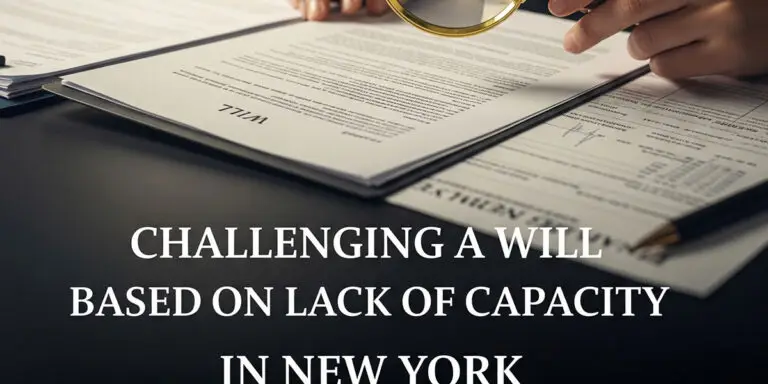
Challenging a Will Based on Lack of Capacity in New York: Understanding the Legal Standard and Protecting Your Rights When a loved one passes away,

Managing and Distributing Real Estate within a Trust in New York: A Comprehensive Guide to Property Management, Beneficiary Distribution, and Legal Requirements Real estate is
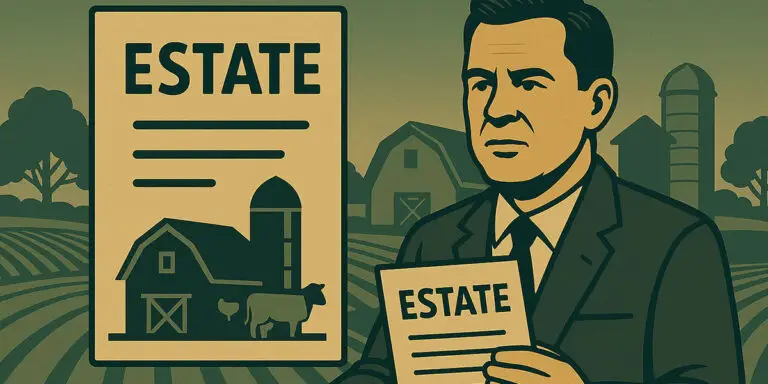
Estate Planning for Farm Owners in New York: Preserving the Family Farm for Generations to Come For farm owners in New York, their land is

Estate Planning for Individuals with Chronic Illnesses in New York: Managing Healthcare, Finances, and Ensuring a Secure Future Living with a chronic illness presents unique
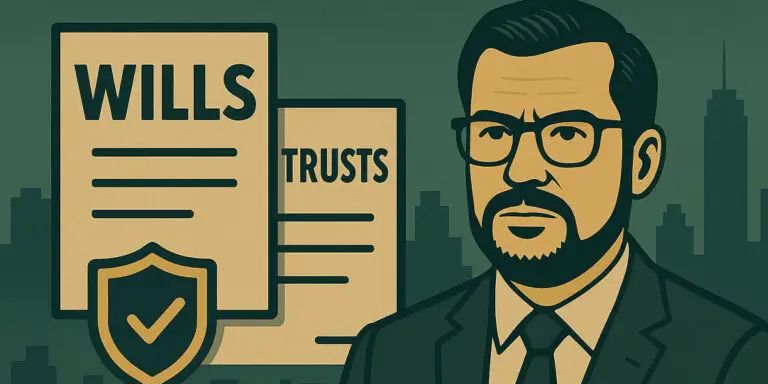
Finding an Experienced Attorney for Wills and Trusts in White Plains, New York: Protecting Your Assets and Providing for Your Loved Ones Planning for the

Finding an Experienced Attorney for Wills in Staten Island, New York: Securing Your Future and Protecting Your Loved Ones Creating a will is one of

Estate Planning Strategies Inspired by Jeff Bezos Jeff Bezos’ Estate Planning Vision Jeff Bezos, the billionaire founder of Amazon, has expressed his intent to donate
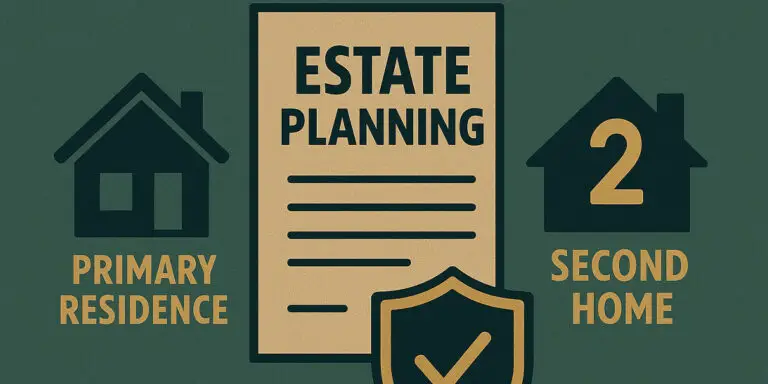
Estate Planning for New York Residents with Significant Out-of-State Real Estate Holdings: Protecting Your Assets and Simplifying Estate Administration Across State Lines Many New York
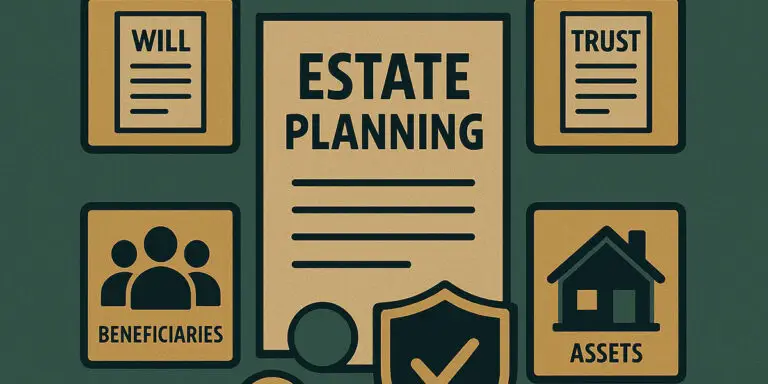
Essential Elements to Consider in Estate Planning for 2025 in New York: A Comprehensive Guide Estate planning is an essential process that ensures the orderly

Negotiating and Drafting Buy-Sell Agreements in New York Business Succession Plans: Ensuring a Smooth Transition and Protecting Your Company’s Future For business owners in New

NY Life Insurance & Your Estate Plan Life insurance is far more than a simple financial product; it is a cornerstone of sophisticated estate planning
Ⓒ 2025 - All Rights Are Reserved | Privacy Policy | Estate Planning Attorney NYC | Sitemap